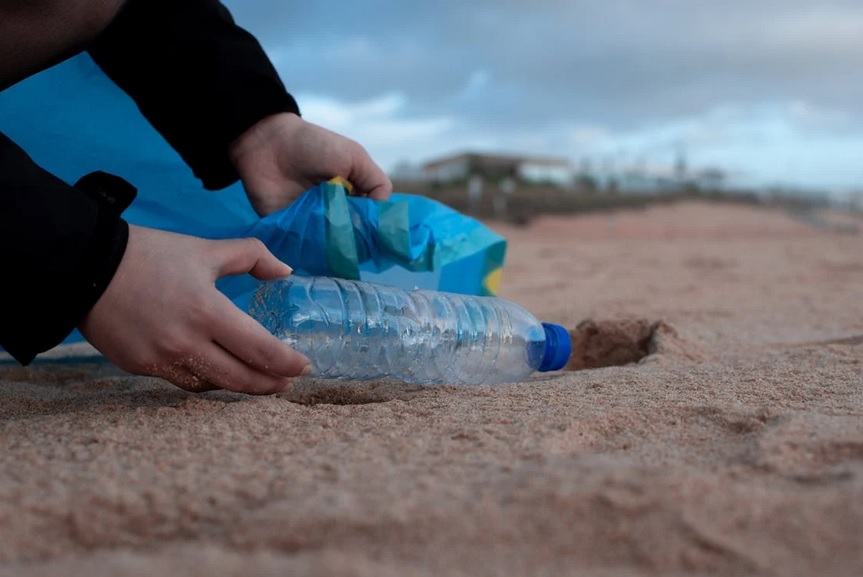Are you interested in the future of our planet? The plastic problem – why recycling isn’t enough and what you can do about it
Plastic, once heralded as a miracle material, has become a global crisis. Its ubiquity, coupled with its slow degradation, has led to a deluge of plastic waste that is overwhelming our ecosystems. While recycling has been touted as a solution, it’s not enough to stem the tide of plastic pollution. To truly address this crisis, we must adopt a multifaceted approach that includes reducing consumption, improving waste management, and promoting innovation.
The plastic problem – a growing crisis
The scale of plastic pollution is staggering. Billions of tons of plastic are produced annually, and a significant portion of this ends up in our oceans, landfills, and other environments. Plastic waste can harm wildlife, contaminate food sources, and contribute to climate change. Microplastics, tiny fragments of plastic, are increasingly found in our bodies and ecosystems, raising concerns about their potential health risks.
Recycling has been presented as a simple solution to the plastic problem, but its effectiveness is often overstated. Many types of plastic are not recyclable, and even recyclable plastics may not be processed due to contamination or economic factors. Moreover, the energy and resources required for recycling can outweigh the environmental benefits.

Reducing plastic consumption – a crucial step
To address the plastic crisis, we must prioritize reducing our plastic consumption. This involves making conscious choices in our daily lives and supporting businesses that prioritize sustainability. Here are some practical steps individuals can take:
- choose reusable alternatives – replace single-use plastic items with reusable options, such as water bottles, coffee cups, shopping bags, and food containers;
- avoid unnecessary plastic – be mindful of the plastic packaging on products and choose items with minimal or no plastic;
- support sustainable businesses – patronize companies that prioritize sustainability and reduce their plastic footprint;
- compost food scraps – composting can reduce the need for plastic bags and containers;
- participate in clean-up efforts – join local initiatives to remove plastic waste from the environment.
Improving waste management – a global challenge
In addition to reducing consumption, improving waste management is essential for addressing the plastic problem. This includes investing in infrastructure for waste collection and recycling, promoting proper waste disposal, and exploring innovative waste management technologies. Governments, businesses, and communities must work together to develop effective waste management systems.
Innovation and alternatives – a path forward
Innovation plays a crucial role in finding solutions to the plastic problem. Researchers and entrepreneurs are exploring new materials, technologies, and business models that can reduce our reliance on plastic. These include biodegradable plastics, compostable packaging, and alternative materials like paper and bamboo.
The road to a plastic-free future
Addressing the plastic crisis requires a collective effort from individuals, businesses, governments, and communities. By reducing consumption, improving waste management, and promoting innovation, we can create a more sustainable future. It’s time to take action and protect our planet from the harmful effects of plastic pollution.









